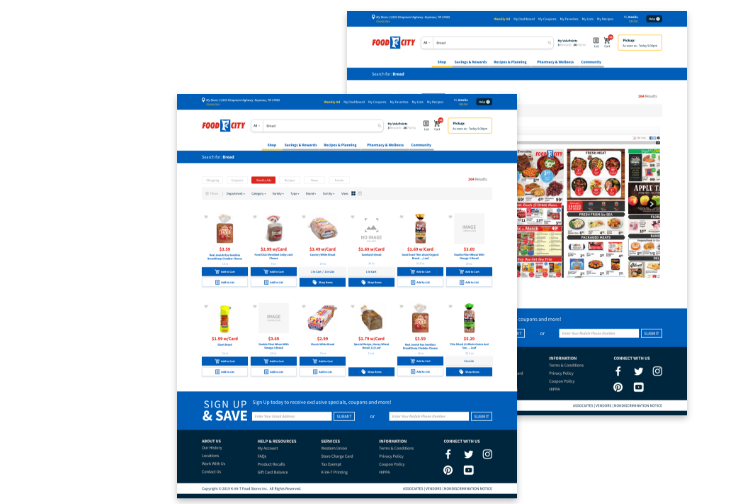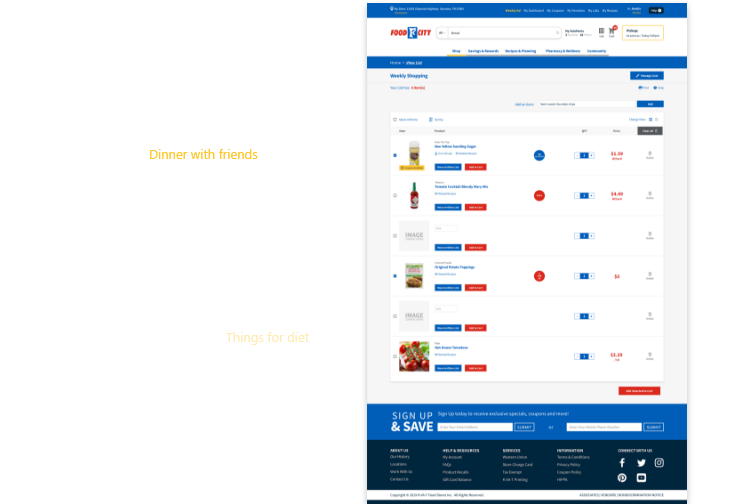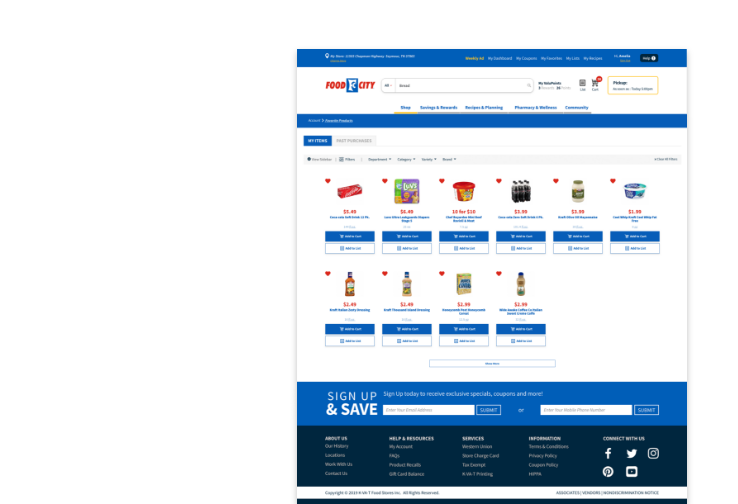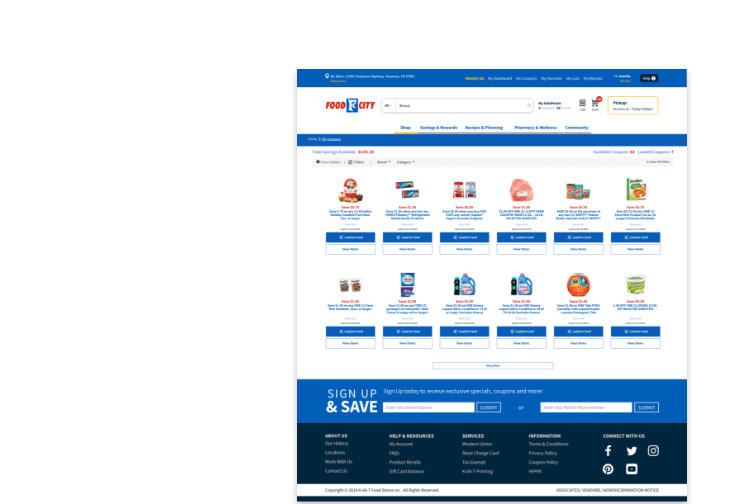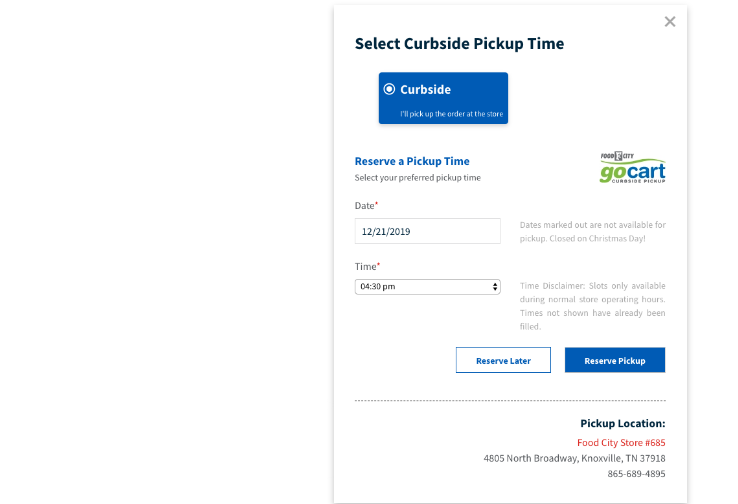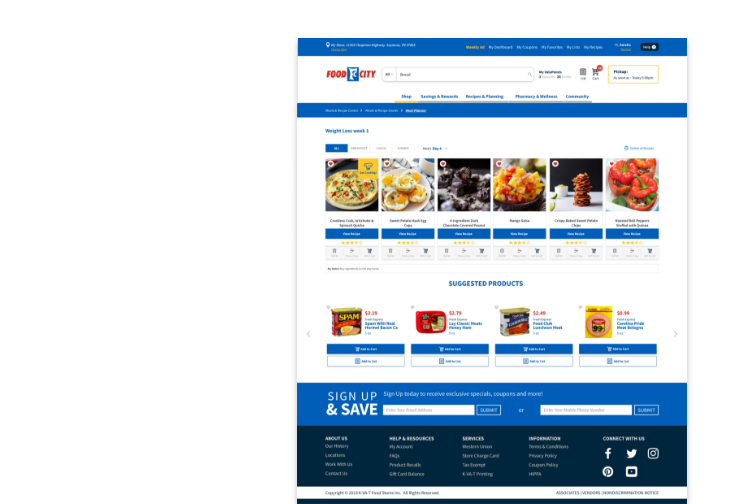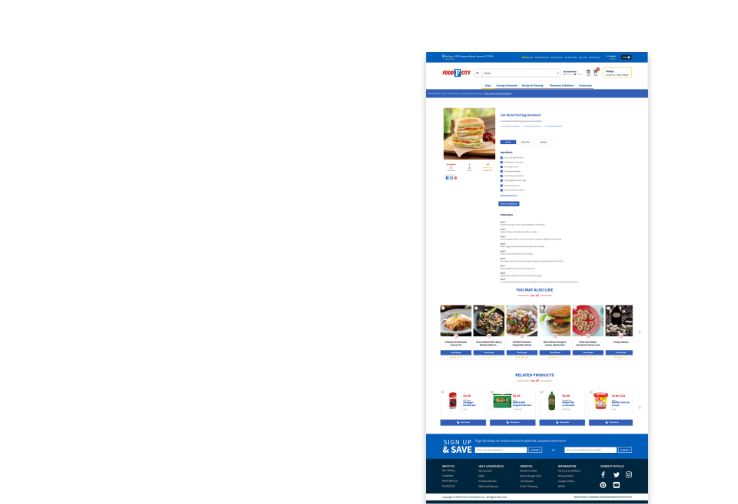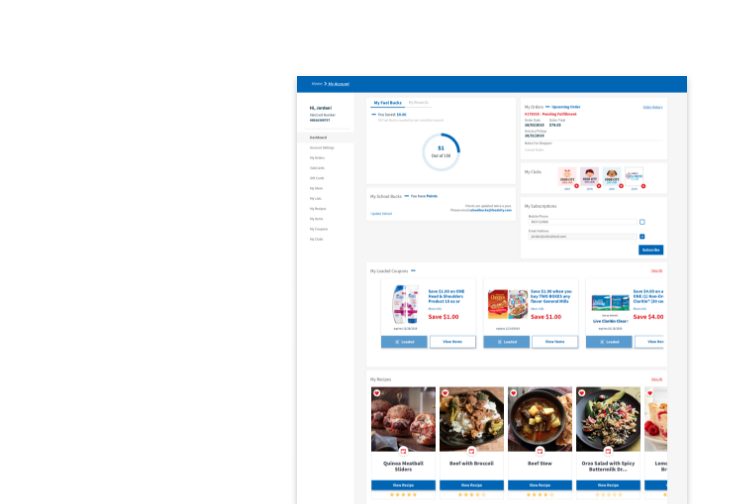
Wellness Club — Medication Safety for Young Children
Abingdon, VA. -
Friday, Aug 1, 2025.
Written by: Rebecca Webb, PharmD, Pharmacy Clinical Services Manager
Chances are if you are a parent, grandparent, or are around young children for any amount of time, you know they are curious individuals. Their little hands will grab any objects within sight and reach, including medicine. It only takes just a moment for those objects to find their way into a child’s mouth. Each year, thousands of young children are taken to the emergency room for accidental medication ingestion. This is why medication safety for young children is such an important topic to discuss.
Medication safety tips for parents and grandparents:
• Do not leave medications unattended in plain sight (e.g., on a countertop, nightstand, table), especially those in gummy form. Store all medicine, including prescription medications, over-the-counter (OTC) products, vitamins, and supplements in a safe location high out of reach.
• Use a child-proof lock on your medicine cabinet or medicine storage area.
• Keep medications in their original child-resistant bottles or containers. If a pill organizer is needed, look for those that are child-resistant or have child-proof locks.
• Always relock the safety cap on medication bottles. Make sure to twist until you hear an audible “click.”
• When giving young children medication, never tell them it is candy. Many medications resemble candy and this can create confusion.
• Do not take medication in front of young children, as they have a tendency to want to copy adults.
• Remind family and friends to keep medicine away and out of sight when they are visiting your home and also when you are visiting theirs.
• When traveling on vacation with young children, remember to secure your medications up and out of sight. Passcode-protected safes in hotel rooms may be a secure option.
• When giving medicine to your young child, only use products intended for children. Use the measuring device packaged with the medication product. Read product labels carefully, especially the dosing, directions, and active ingredients. Ask your Food City Pharmacist if you have any questions.
• Teach children about medication safety. Start talking to them about what medicine is, when it is used, and why only adults should handle it. This is also a good opportunity to educate your child about your family’s healthcare providers (e.g., your doctor, your local Food City Pharmacists).
• In case of emergencies, have the Poison Help Line number (1-800-222-1222) saved in your phone and visibly posted within your home.
References:
1. Calling Poison Help. Health Resources & Services Administration (HRSA) website. https://poisonhelp.hrsa.gov/faq/calling-poison-help. Accessed July 10, 2025.
